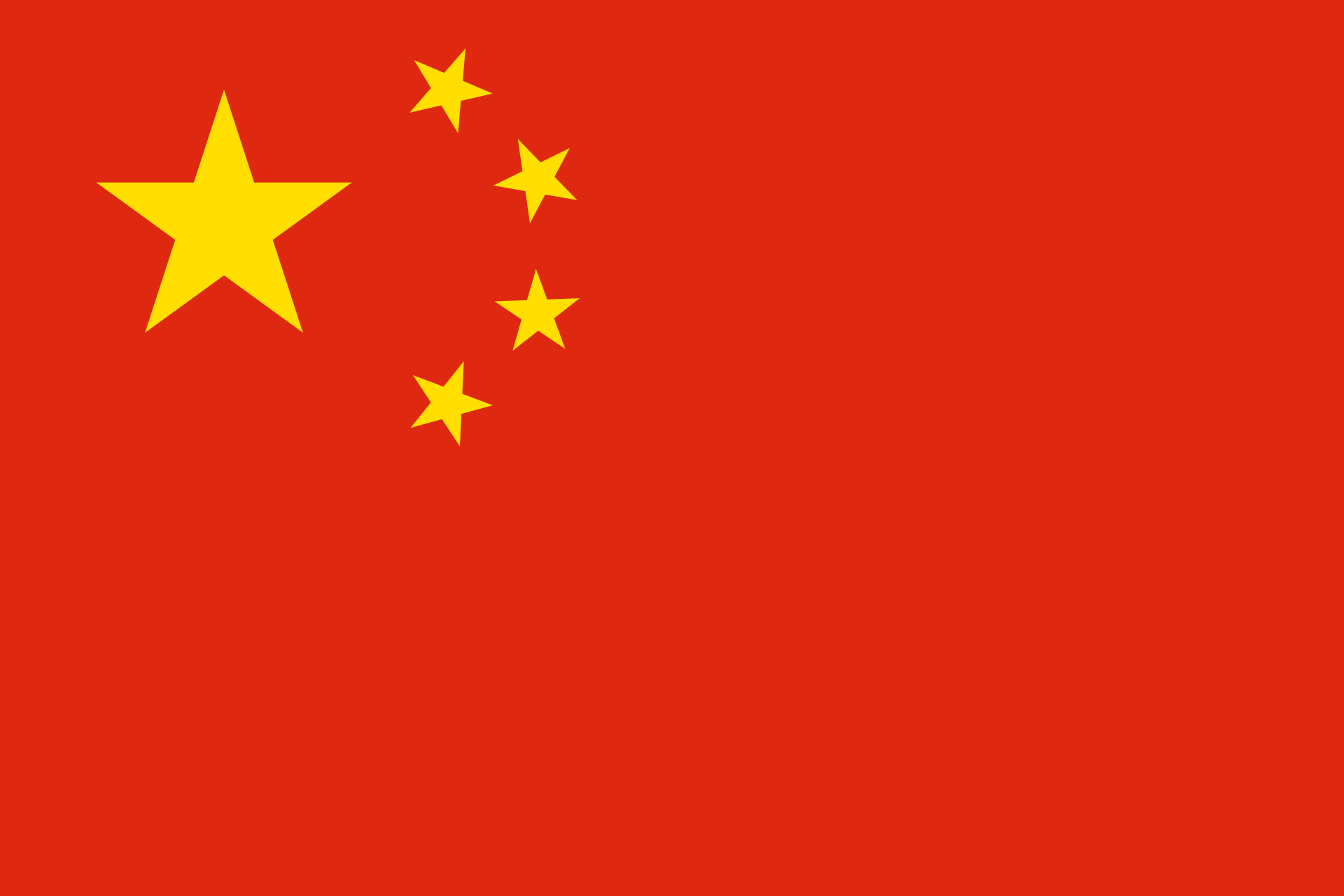Mongol Tuuli, Mongolian epic
© A. DuurenjargalThe Mongolian Tuuli is an oral tradition comprising heroic epics that run from hundreds to thousands of lines and combine benedictions, eulogies, spells, idiomatic phrases, fairy tales, myths and folk songs. They are regarded as a living encyclopaedia of Mongolian oral traditions and immortalize the heroic history of the Mongolian people. Epic singers are distinguished by their prodigious memory and performance skills, combining singing, vocal improvisation and musical composition coupled with theatrical elements. Epic lyrics are performed to musical accompaniment on instruments such as themorin khuur (horse-head fiddle) and tovshuur (lute). Epics are performed during many social and public events, including state affairs, weddings, a child’s first haircut, the naadam (a wrestling, archery and horseracing festival) and the worship of sacred sites. Epics evolved over many centuries, and reflect nomadic lifestyles, social behaviours, religion, mentalities and imagination. Performing artists cultivate epic traditions from generation to generation, learning, performing and transmitting techniques within kinship circles, from fathers to sons. Through the epics, Mongolians transmit their historical knowledge and values to younger generations, strengthening awareness of national identity, pride and unity. Today, the number of epic trainers and learners is decreasing. With the gradual disappearance of the Mongol epic, the system of transmitting historic and cultural knowledge is degrading. Read more about this element on the UNESCO Intangible Cultural Heritage website.










